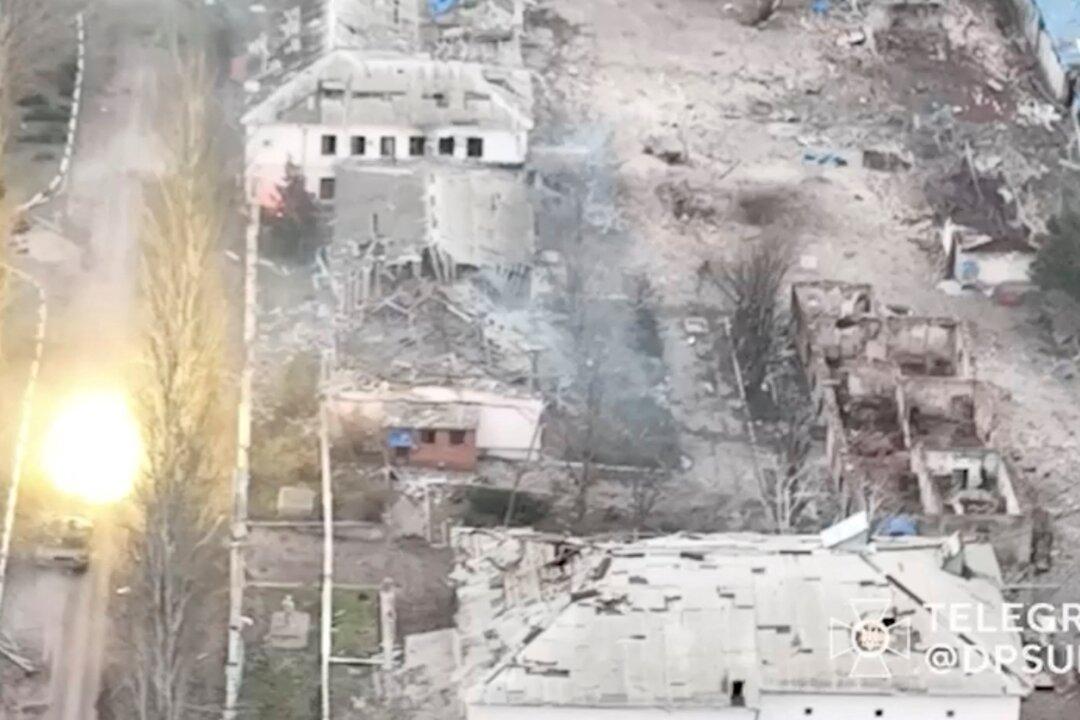Officials in Kyiv have denied Russian claims that Ukrainian troops in the flashpoint town of Soledar have been surrounded by advancing Russian forces.
“The town [Soledar] is not under the control of the Russian Federation,” Serhiy Cherevatyi, a spokesman for the Ukrainian military’s Eastern Command, said in televised remarks on Jan. 11.





